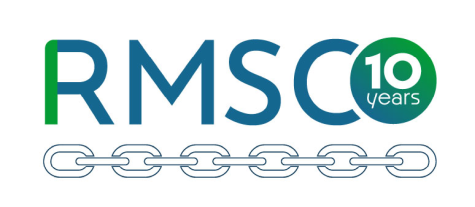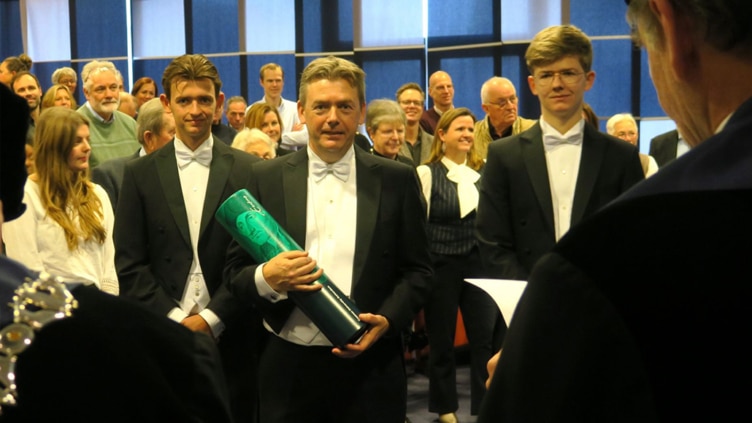Five Questions for Maurice Jansen, Erasmus UPT
Who are you and what is your job?
My name is Maurice Jansen, I am part of Erasmus Centre for Urban, Port and Transport Economics. I’ve grown up with the port of Rotterdam in my backyard, literally. Born and raised in Vlaardingen, gone to school in Schiedam, and went to Erasmus University in Rotterdam.
Dedicating my career to the world of ports and transport was a logical choice with a MSc in Business Administration, also seeing the potential to travel the world for my work. After 8 years of work as a supply chain consultant in freight forwarding and contract logistics, I decided to shift my career to maritime education innovation, and have done this for some 20 years, first at Shipping and Transport College, and since 2018 at Erasmus UPT.
Last January, I completed my latest learning journey with a PhD on ‘Ports as a force for positive change’. In my free time, I live for watersports, immerse myself in impressionist art and practice my painting skills.
What does a typical day for you look like?
That’s difficult to say, because every day and week is different. I am not the typical person who sits at a desk and looks outside of the window and contemplate about the port. I always try to get myself engaged with business practitioners. I do this via research projects, workshops, network events, and training for professionals. And these activities I often do in close collaboration with other universities and education institutes, such as TU Delft and STC.
One of my latest symposia was about wind-assisted shipping, at which we brought together around 60 people and discussed the future of shipping in relation to the latest technologies and business practices. Tomorrow I will be in Scheveningen where I provide expertise for the new port vision. Next week, I will be in Brazil to engage in a professional training with maritime professionals on multimodal transport.
What was the best advice (workwise) someone gave you?
‘Stand your ground’ is perhaps the most important advice some senior gave me when I was still a junior. Then take your position and stand up for it. I crafted this advice and made it my own by building myself a so-called digital knowledge library, while keeping a digital notebook of developments in my field of shipping and transport. From this basis, I started writing blogs, that turned into scientific articles, and gradually I have developed myself into a port and shipping expert.
How could you be of help to others in the industry or the RMSC?
I truly believe that Rotterdam is a maritime ecosystem, consisting of a group of like-minded professionals with whom it is easy to connect. I also believe in the power of cross-overs of knowledge. The more we interact with each other – formally and informally – the better we can seize the opportunity.
I have a good network of people in the maritime industry, both in Rotterdam as well as outside, so people can always call me for networking, or getting in contact with someone via me. Also, being at the source of talent, at Erasmus University, fresh graduates often ask me how to launch their careers in the port and maritime logistics sector. So, when other members of the RMSC are looking for talent, let’s get together and see what we can organize.
And lastly: what’s in the news which relates directly to your profession?
There is lots of uncertainty nowadays, especially being in Rotterdam, we are at the pivot of international trade, and geopolitical tensions immediate have implications for both the port’s day-to-day affairs, as well as the long-term positioning in the international network of international trade, industry and logistics. I have noticed that the tides are changing, less ambition on climate goals, and more pressure on positioning Rotterdam within a strong European industrial policy.
This is a shift away from a proactive approach, offensive strategy on being the most sustainable port in the world, towards a more defensive strategy that protects the heavy industry we currently still have. Nevertheless, I think the push for maritime decarbonization in shipping in irreversible, hopefully we will maintain to have an international policy that keeps pushing for this.





